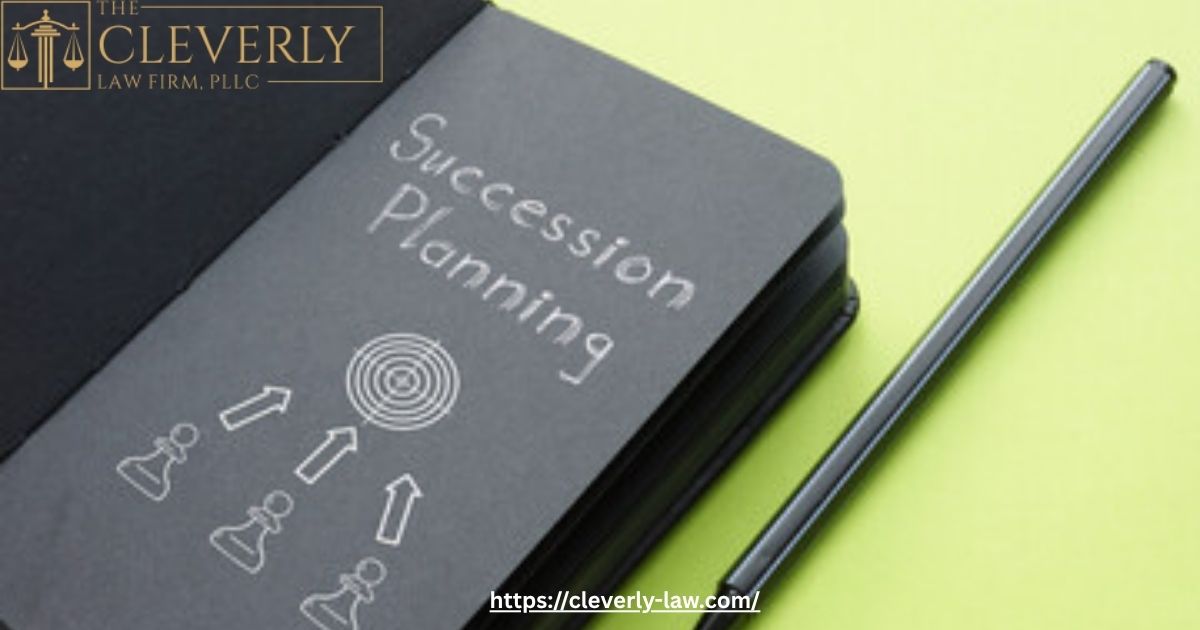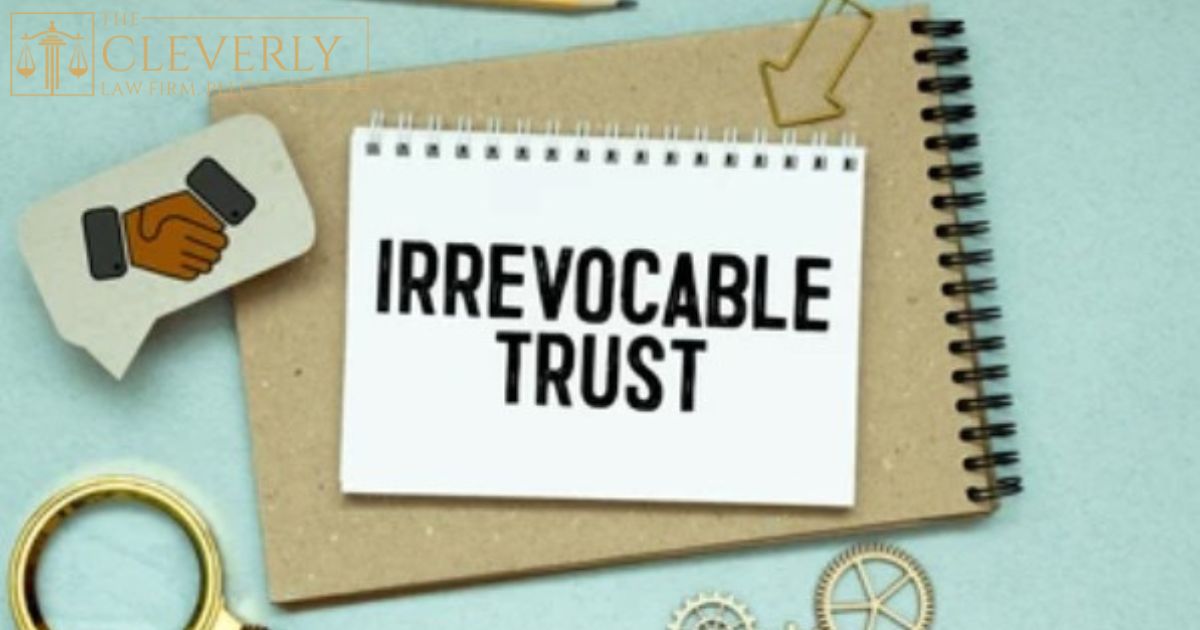Do I Need a Trust to Avoid Probate?

If you’ve heard it once, you’ve heard it 1,000 times: trusts avoid probate. And it’s true – establishing a trust is often cited as the number one way to keep your estate out of the costly and time-consuming probate process.
But is it the only way? And is it always the best choice for your situation?
What is Probate and Why You Might Want to Avoid It
Probate is the legal process of validating a will and settling an estate after someone passes away.
It involves proving the will is valid, identifying and inventorying the deceased person’s property, having the property appraised, paying debts and taxes, and distributing the remaining property as the will directs (or as state law directs if there’s no will).
While probate serves an important purpose, there are several reasons why you might want to avoid it:
- It can be lengthy. Even simple estates can take months or a year to probate, tying up assets that your beneficiaries might need.
- It can be costly. Legal fees, executor fees, and other costs can eat up a significant chunk of your estate.
- It’s public. Probate proceedings are a matter of public record, which means anyone can see what assets you had and who you left them to.
Trusts are the Powerhouse of Probate Avoidance
A trust, specifically a revocable living trust, is indeed one of the most effective ways to avoid probate. Here’s how it works:
You create the trust and name yourself as the trustee. Then, you transfer ownership of your property to the trust. You can use and control the property just as you did before, but legally, it’s owned by the trust.
When you pass away, the property in the trust is not subject to probate. It’s already owned by the trust, so there’s no need for a court to oversee the distribution of those assets. Your named successor trustee simply steps in to manage and distribute the trust property according to your wishes.
Other Probate Avoidance Strategies in Texas
While trusts are a powerful tool, they’re not the only way to avoid probate. Here are a few other strategies to consider:
- Joint ownership: If you own property jointly with someone else, and this ownership includes a “right of survivorship,” then the property automatically passes to the surviving owner when one owner dies. This bypasses probate.
- Beneficiary designations: Many financial assets, like life insurance policies, IRAs, and 401(k)s, allow you to name a beneficiary. Upon your death, these assets pass directly to the named beneficiary without going through probate.
- Transfer-on-death (TOD) or Pay-on-death (POD) designations: Similar to beneficiary designations, TOD (for investment accounts) and POD (for bank accounts) allow these assets to pass directly to a named beneficiary, avoiding probate.
- Gifting: Giving away property during your lifetime helps reduce the size of your estate, thus reducing the likelihood of probate or minimizing the amount of assets subject to probate.
- Lady Birds Deeds: In smaller estates where the primary asset is the home, it may be possible to transfer the home automatically upon your passing, thereby removing it from the estate. Estate in Texas valued at $75,000 or more must go through probate, removing the home from this calculation may result in avoiding probate.
Crafting a Comprehensive Probate Avoidance Plan
So, do you need a trust to avoid probate? Not necessarily. But for many people, a trust is a key component of a robust probate avoidance strategy.
The best approach is to work with an experienced estate planning attorney who can help you craft a comprehensive plan tailored to your unique circumstances. At The Cleverly Law Firm, PLLC, we consider factors like the size and complexity of your estate, your family dynamics, your tax situation, and your overall goals.
Often, the most effective strategy is a combination of tools. For example, you might use a living trust to hold your major assets, beneficiary designations for your life insurance and retirement accounts, and joint ownership with your spouse for your home.
Protect Your Assets, Preserve Your Legacy with The Cleverly Law Firm, PLLC
Probate avoidance is a common goal in estate planning, and for good reason. Trusts are indeed a powerful tool for achieving this goal, but they’re not the only option. By understanding the full range of probate avoidance strategies and working with a knowledgeable attorney, you can create a plan that not only avoids probate but also ensures your assets are distributed according to your wishes in a way that best benefits your loved ones.
Remember, estate planning isn’t just about what happens to your stuff when you’re gone. It’s about protecting your loved ones, preserving your legacy, and ensuring your final wishes are carried out. And that’s something we can all get behind.
Ready to start crafting your probate avoidance plan? The Cleverly Law Firm, PLLC, is here to help. Our experienced estate planning attorneys will work with you to create a comprehensive strategy that fits your unique needs. We’ll help you leverage the power of trusts, beneficiary designations, joint ownership, and more to ensure your assets pass smoothly to your loved ones while minimizing the burden of probate.
Don’t leave your legacy to chance. Contact us today to schedule a consultation and take the first step towards peace of mind for you and your family.





